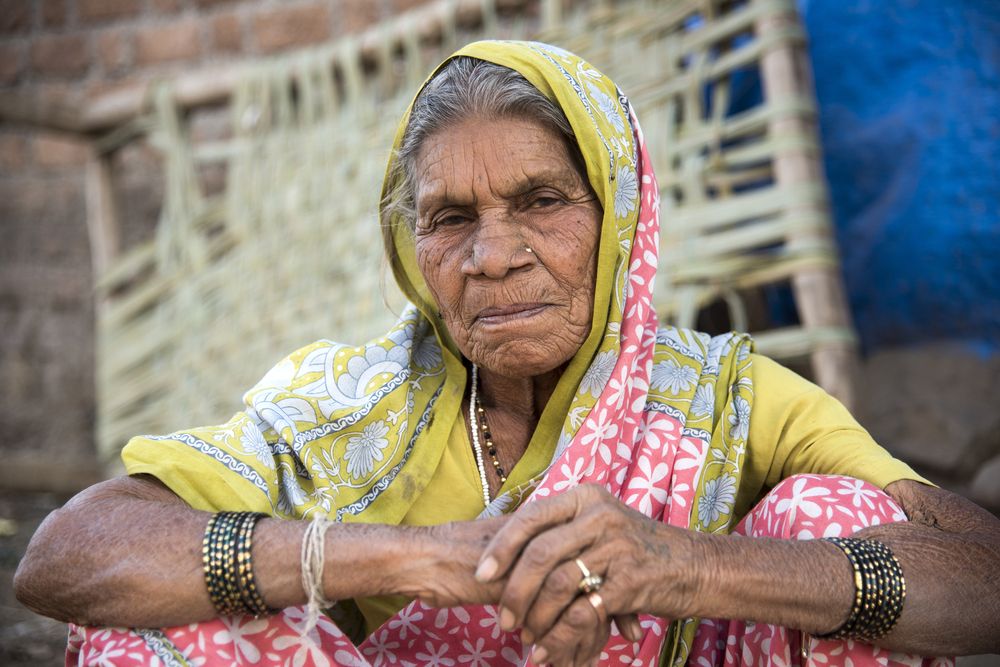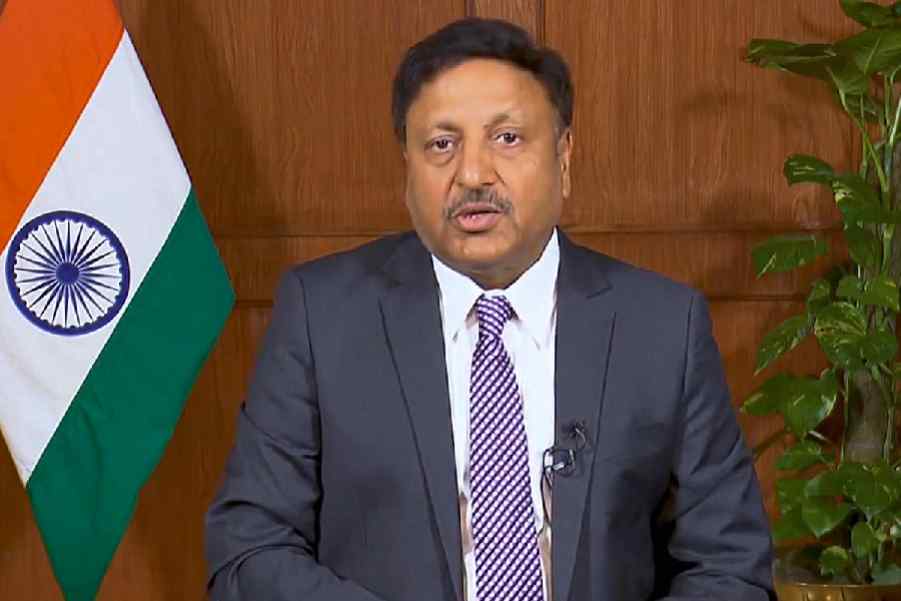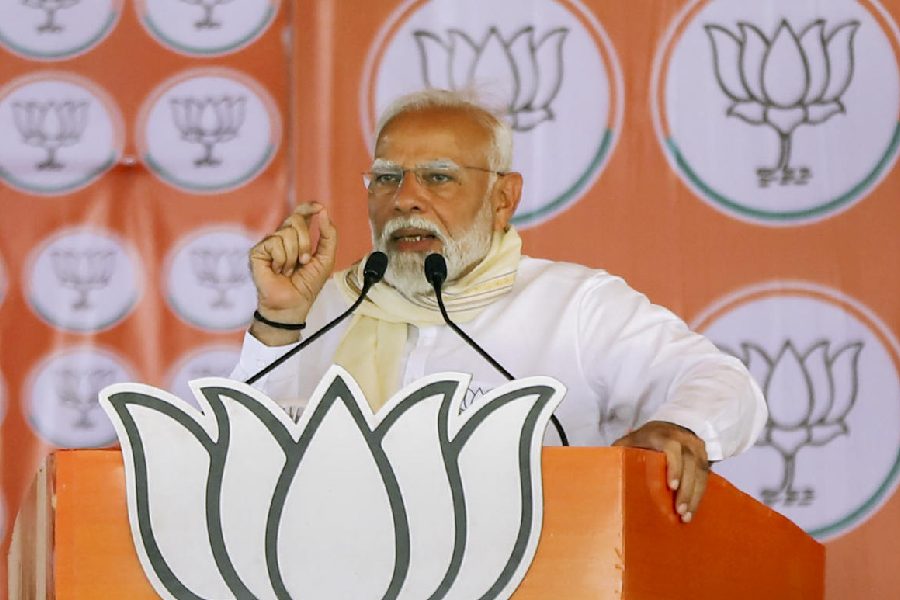Laws do not exist in a vacuum; often, societal conditions make it necessary for certain legislations to be passed. Thus, even though the amendments made to the Maintenance and Welfare of Parents and Senior Citizens Act, 2007 — it now includes sons-in-law and daughters-in-law within the ambit of caregivers to elderly people — are welcome, the fact that such an expansion was deemed necessary points to a deeper problem. It exposes, ironically, the negligence that Indians suffer in their old age, usually at the hands of their own families. This is not the first time that their plight has been highlighted; last year, the Supreme Court had to instruct the Centre to ensure that all states and Union territories comply with the said law, and to find ways to increase the monthly pension for elderly citizens.
There are broader erosions that contribute to the lack of care in old age. These are part of the challenges of modern living in which traditional support structures, such as those of the joint family, are crumbling. Unfortunately, there is no viable model of support — policy-based or otherwise — to fill the gap. Alternative care systems, such as agencies that supply nurses for the old and infirm, are built on the idea of profit. While these are necessary, privatized models cannot be a sustainable substitute for family-based care. In order to devise a system that is affordable to all sections of the ageing population, is there a case to be made for observing and emulating the community-based care and health services found under the United Kingdom’s National Health Service? More important, should not an aim to better the lives of old people involve ways to make them self-sufficient? The Union minister, Prakash Javadekar, said that the amendments were aimed at ensuring the dignity of parents and senior citizens. The labour and experience of the ageing population ought to be reimagined as valuable so that the constituency is seen to be beneficial to the economy. Organizations could formulate policies to retain or hire senior workers; banks may devise special credit schemes for the retired to begin small businesses. Not only will their knowledge be of value, but the elderly will feel empowered, self-sufficient and economically secure.












